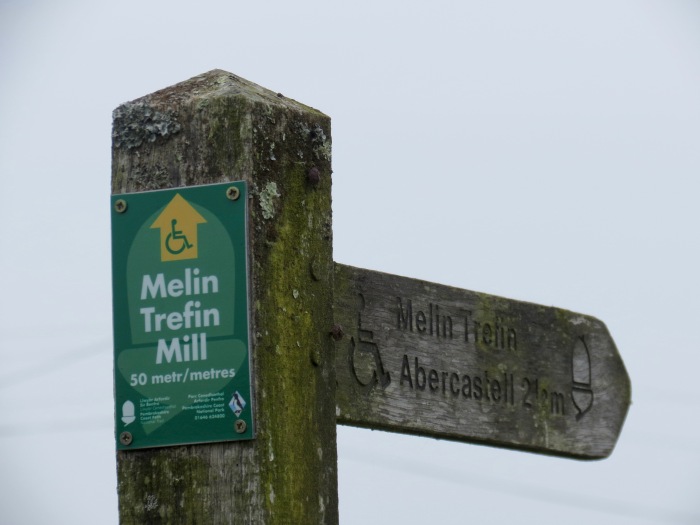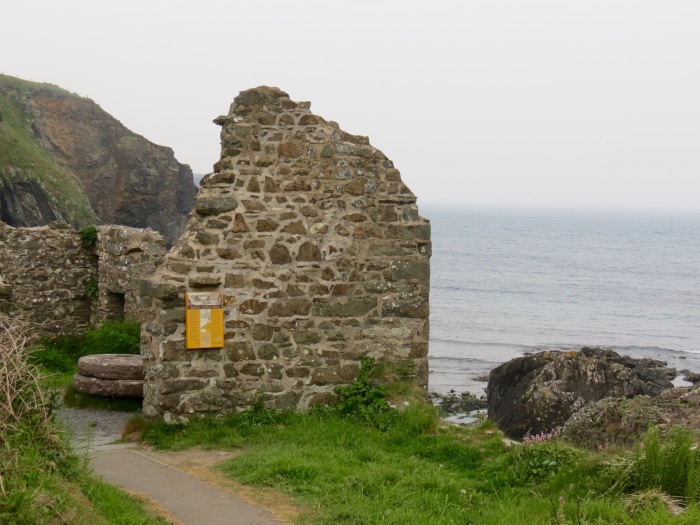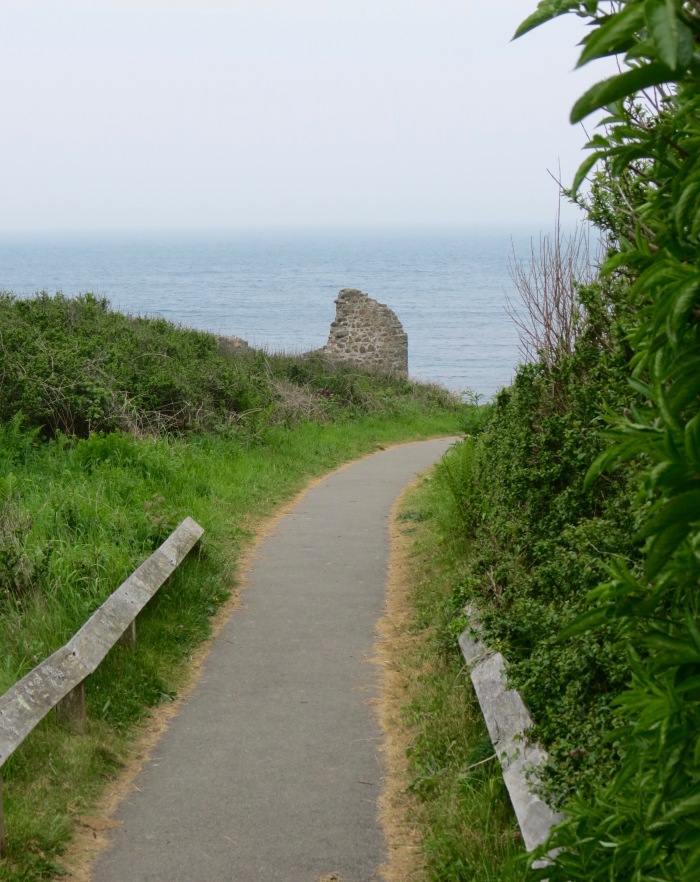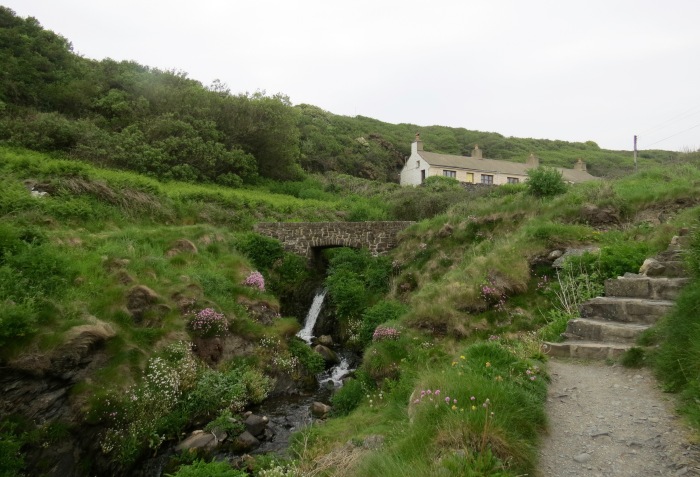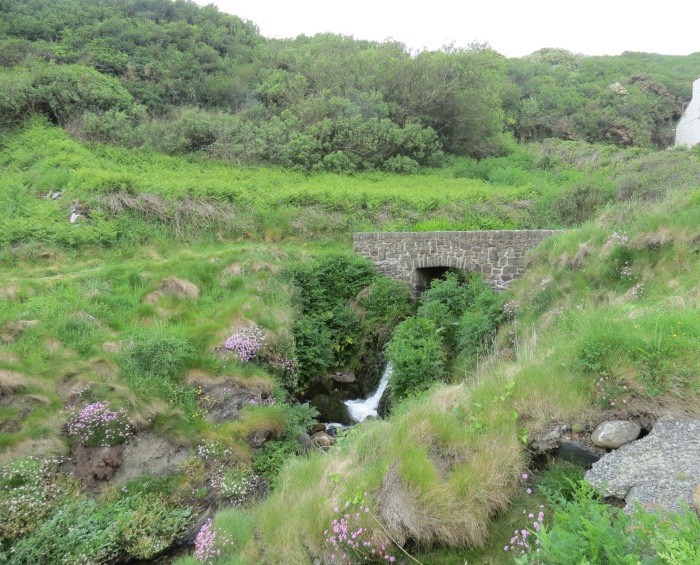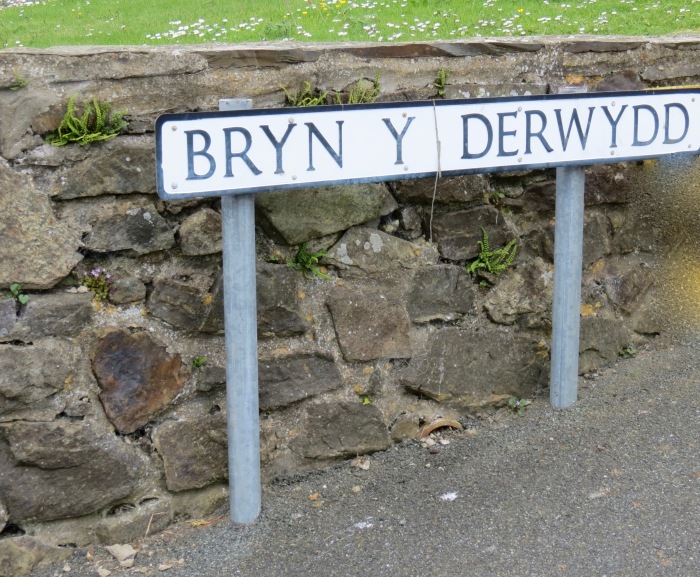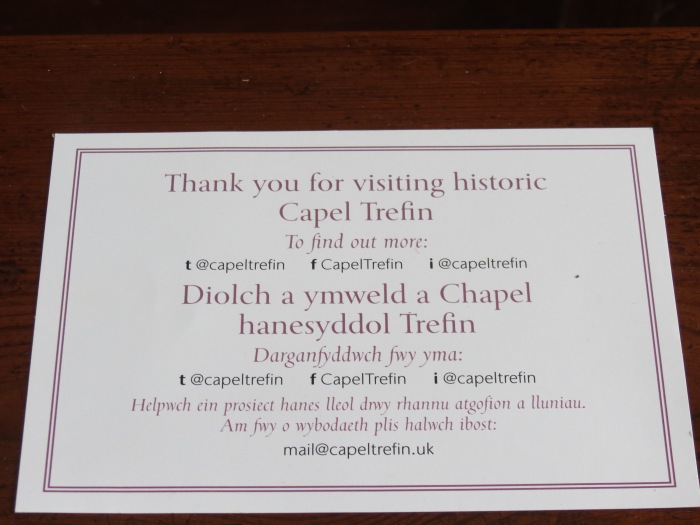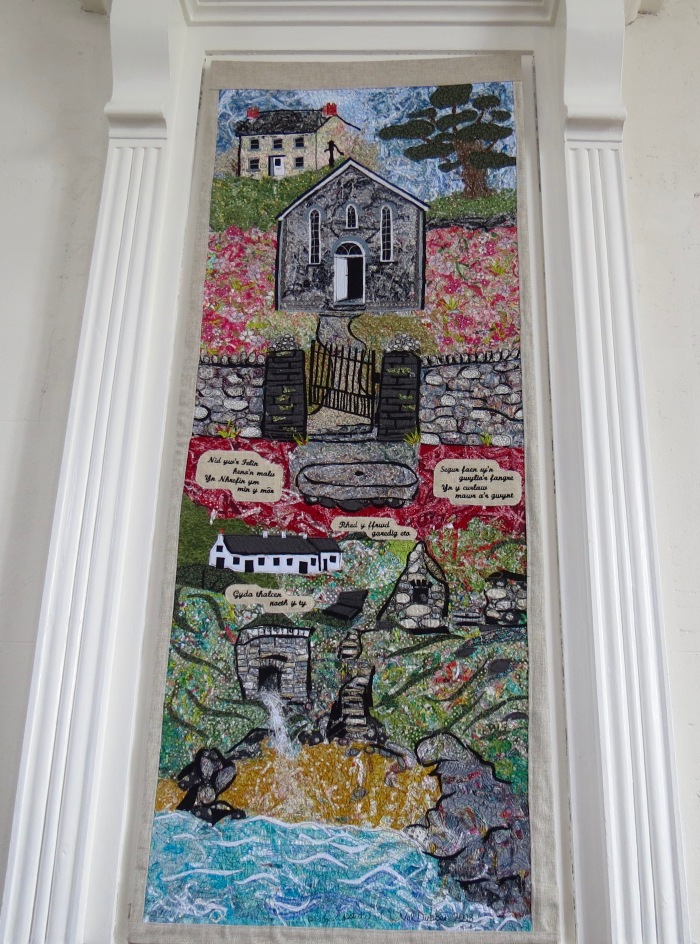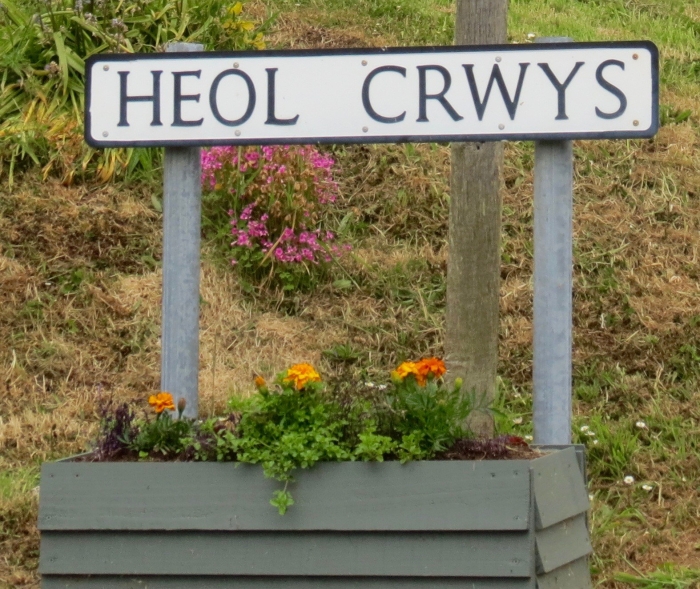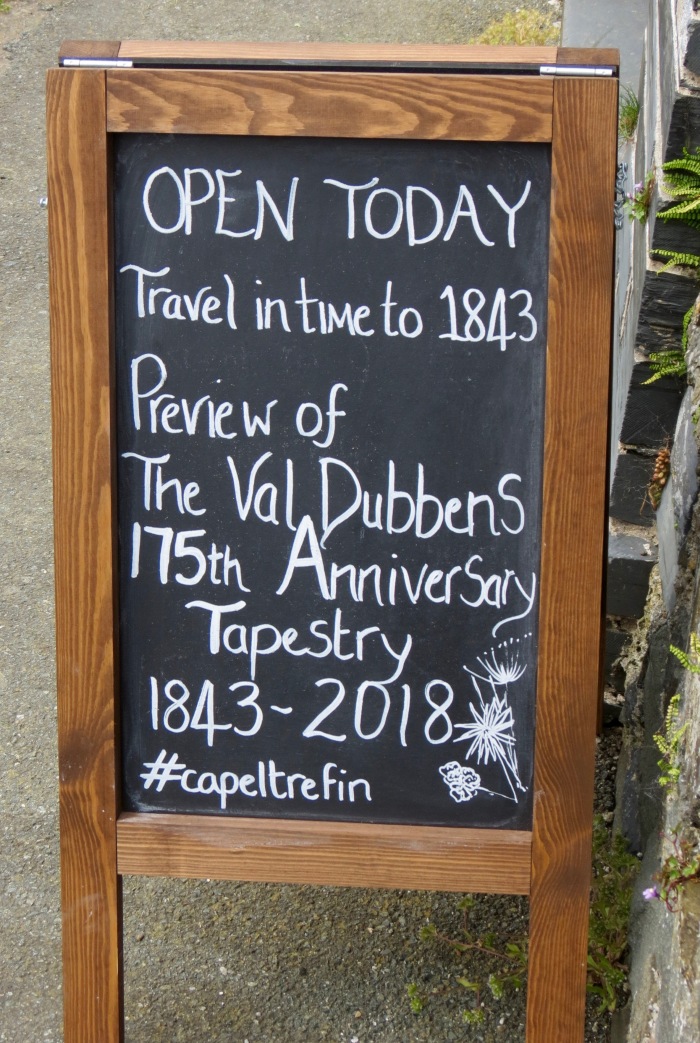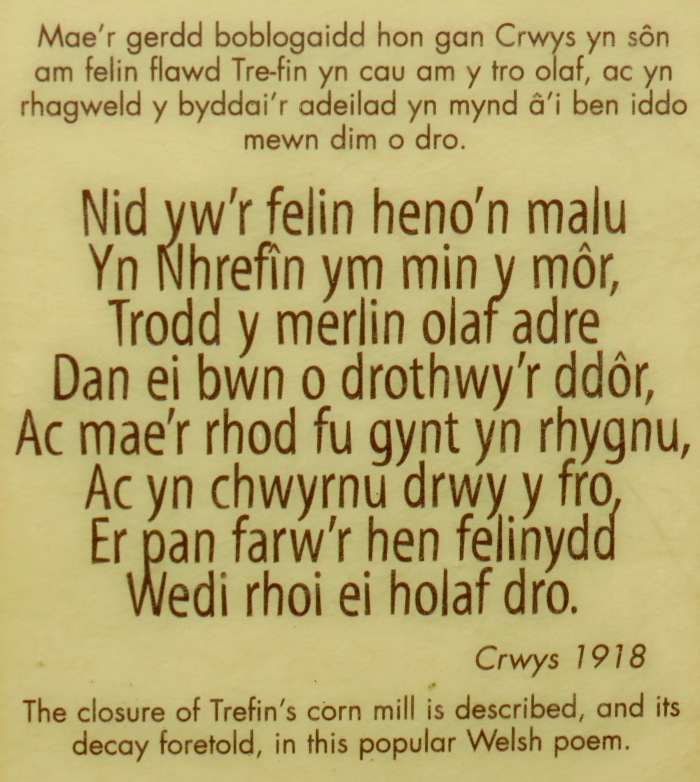In the Upper Room
There is this fluttering, like palpitations,
or quickening, or perhaps butterflies
except not in the stomach, not low down.
This is up, aloft … a-hover now,
like a dove above a river
except that we are not outside.
This which we have waded into
has a strong current which is also electric.
There is a fragrance on the air,
and a wave-of-roaring sometimes,
a light tongue-lap other times,
or a flame a-flicker, a-dance overhead.
This is a presence that encompasses,
circumscribes like arcs around a radial dot,
except not one of us is just a dot.
Here, we are radiant motes
in the light from a scintillating source,
a focus for espousing photons – a touch
sometimes airy, featherlike, particulate
sometimes bright, irradiating, burning,
other times pulsing and as comforting
as a mother-hen, warm wings brooding.
This presence protects but is not safe.
This is like a breeze in the face sometimes,
other times, forceful – a gushing wind
to knock you backwards into a catcher’s arms
or to knee-buckle as if by your own free will,
whatever your will is anymore.
And sometimes there will be laughter
and sometimes groaning and sobbing,
or those silent tears that heal.
For This is That which was without,
and is now He who is within –
who is and was and will be …
up there, in here, now this side, now that
and, yes, even down
where we’d rather cover over.
He who blots out all trouble
calms all fear and flesh-nonsense,
retunes arrhythmia at the core,
clutches at lungs and announces
This is Pneuma
before breathing fresh life inside,
blowing the top of your head right off
for an instant neuroplasty
to rewire pathways, remap networks,
reignite dulled synapses,
wipe corrupt memories, install new software,
rewrite histories, recast futures.
Sharon Larkin, 31 May 2020
